Shares of the "trad husband" phenomenon have been quietly rising in recent years, with some spouses embracing a more traditional role in their families. The trend, which has been popularized by online influencers, has sparked both praise and criticism from various quarters.
According to Anna North, a senior correspondent for Vox, the "trad husband" phenomenon is closely tied to the rise of the "tradwife" movement, which emphasizes conservative gender roles in families. North notes that women who identify as tradwives often prioritize their roles as homemakers and caregivers, while their husbands take on more traditional roles as breadwinners and providers.
Daniel Bell, a pastor and husband to a tradwife, Brianna, shared his perspective on the phenomenon. "On the one hand, I felt like I never had to cook, I barely had to clean," he said. "But on the other hand, I felt like I was expected to be this perfect, masculine figure, and it was a lot of pressure." Bell's comments highlight the complexities of the trad husband phenomenon, which can be both liberating and confining for men who adopt this role.
The tradwife movement, which originated in online communities, emphasizes the importance of traditional gender roles and the value of domestic work. Proponents argue that this approach to family life allows women to focus on their roles as caregivers and homemakers, while their husbands provide for the family financially. Critics, however, argue that the movement reinforces patriarchal attitudes and limits women's autonomy and agency.
Brianna Bell, who adopted a tradwife lifestyle after marrying Daniel, described her experience as "a way of life that prioritizes family and God above all else." She noted that her role as a stay-at-home mom allowed her to focus on her children and her faith, but also acknowledged the challenges of living up to the expectations of the tradwife movement.
The trad husband phenomenon has also sparked debate about the role of men in traditional families. Some argue that men who adopt this role are simply being more involved and supportive partners, while others see it as a form of patriarchal control. As the trend continues to gain traction, it remains to be seen how it will shape the way men and women navigate family life and relationships.
In recent years, the trad husband phenomenon has gained significant attention on social media, with many men sharing their experiences and perspectives on the trend. While some have praised the movement for promoting more traditional values and family structures, others have criticized it for reinforcing patriarchal attitudes and limiting women's autonomy.
As the debate continues, it is clear that the trad husband phenomenon is a complex and multifaceted issue that requires a nuanced understanding of the cultural and social contexts in which it operates. By exploring the perspectives and experiences of those involved, we can gain a deeper understanding of the ways in which this trend is shaping family life and relationships.
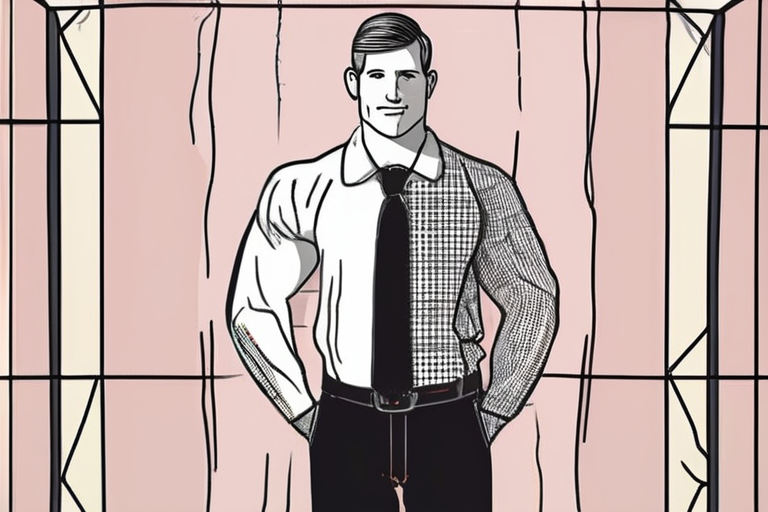



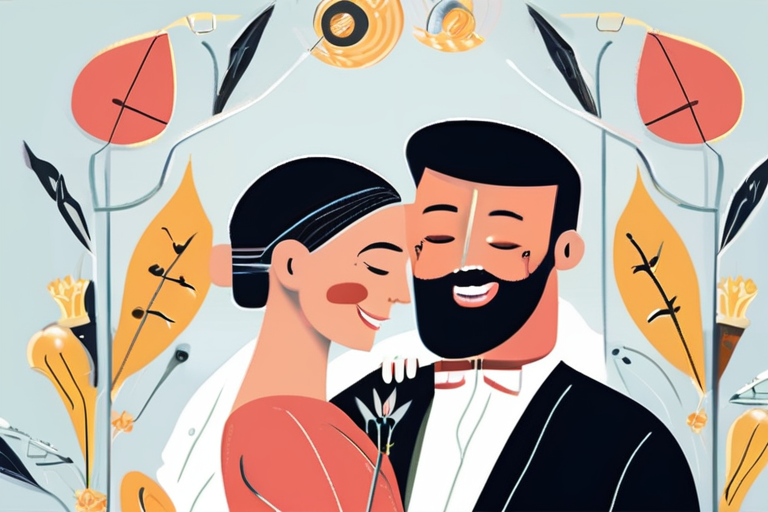
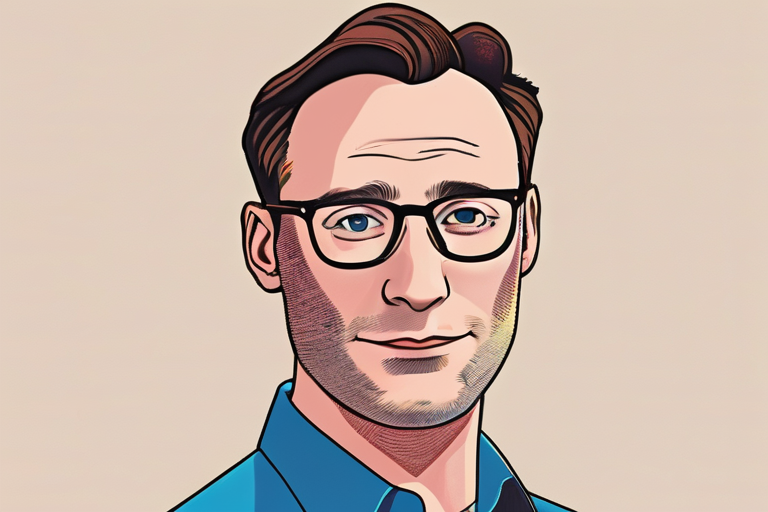
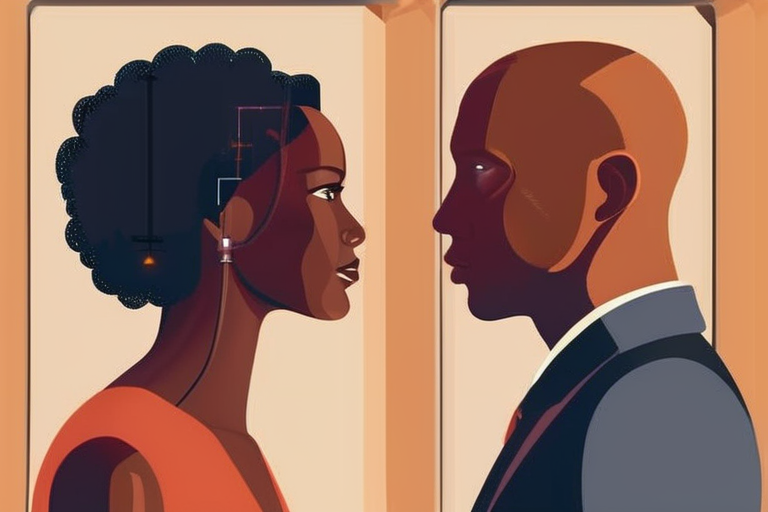


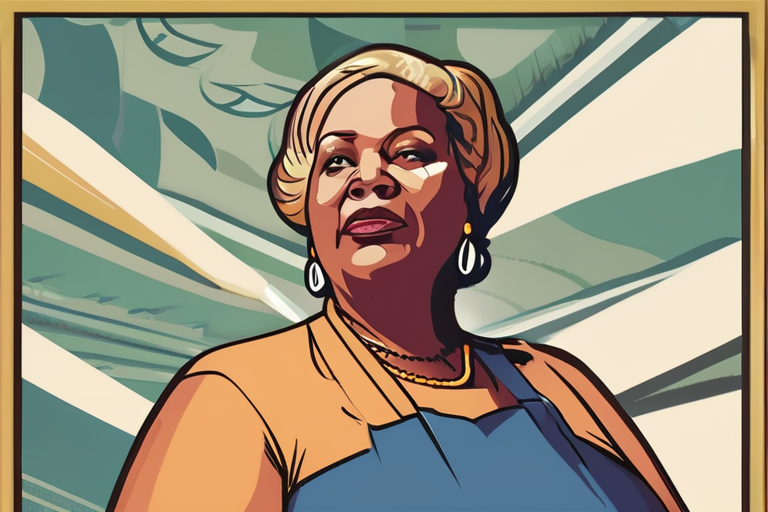
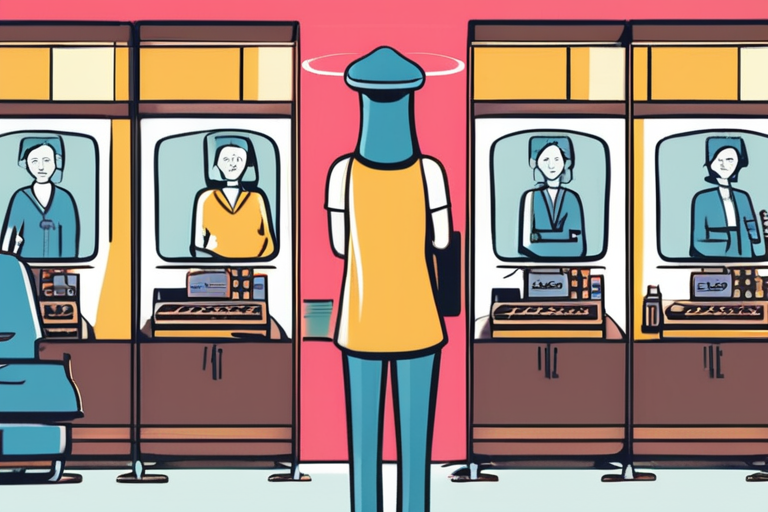
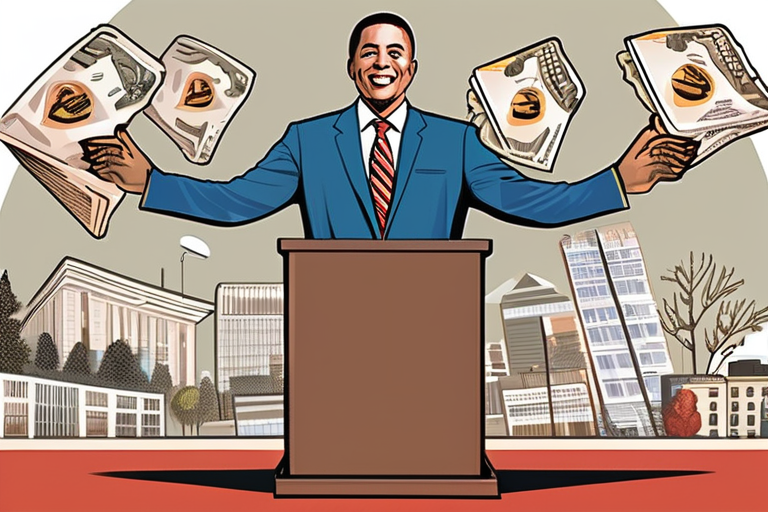





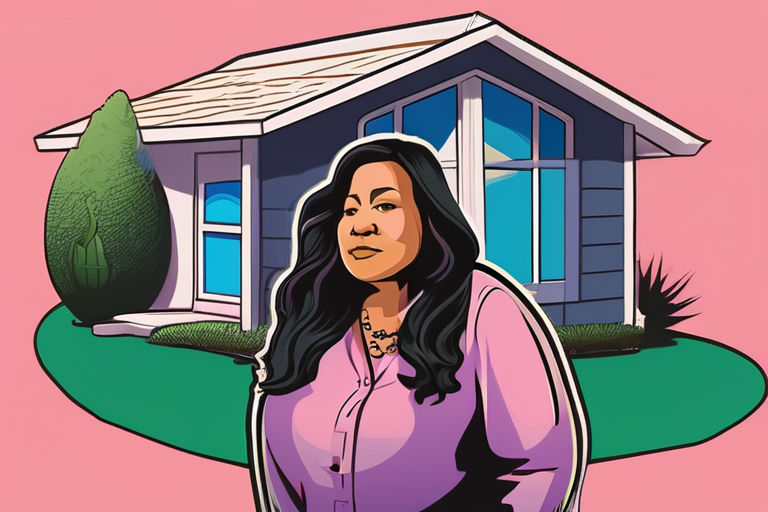


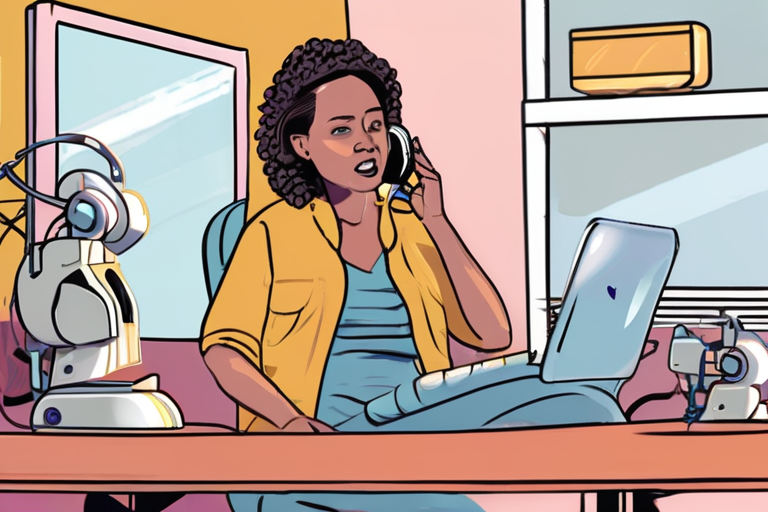
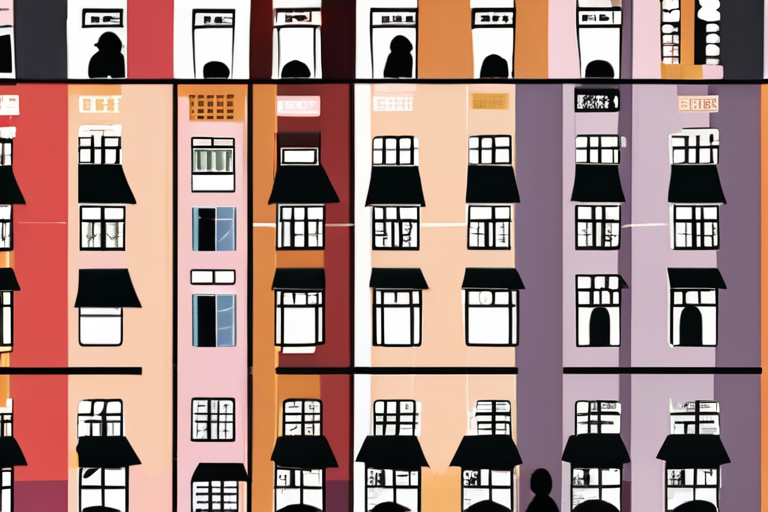
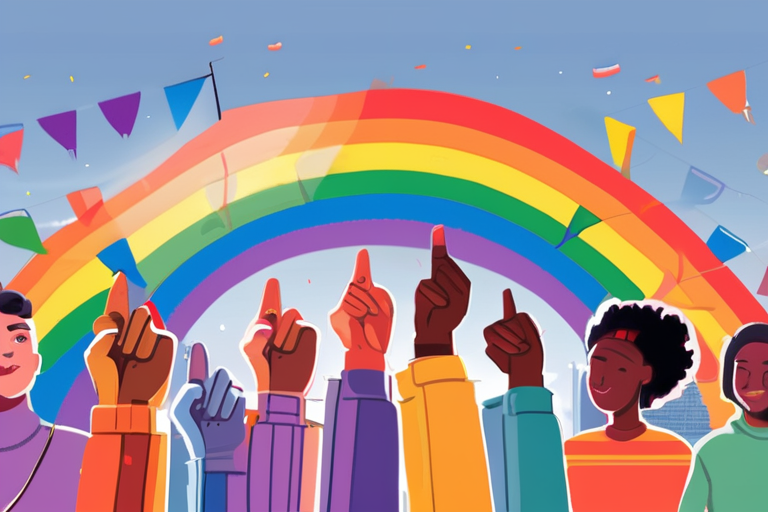




Share & Engage Share
Share this article